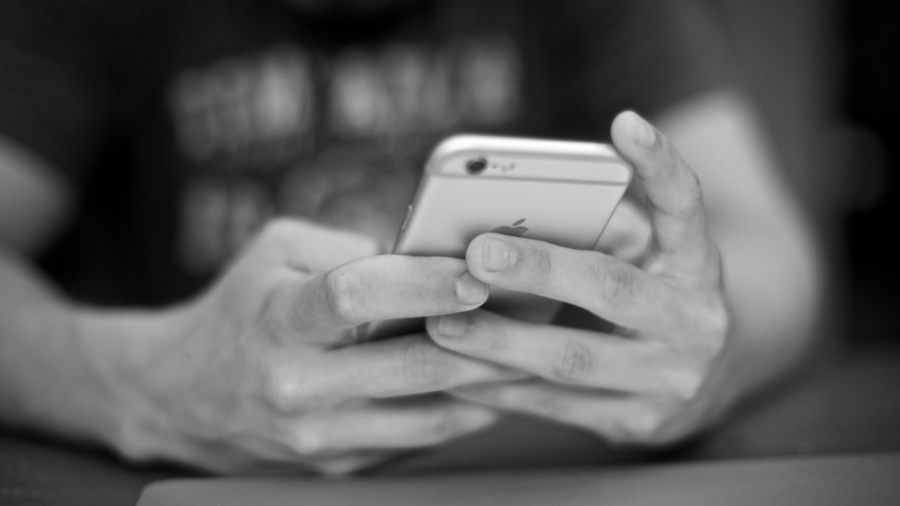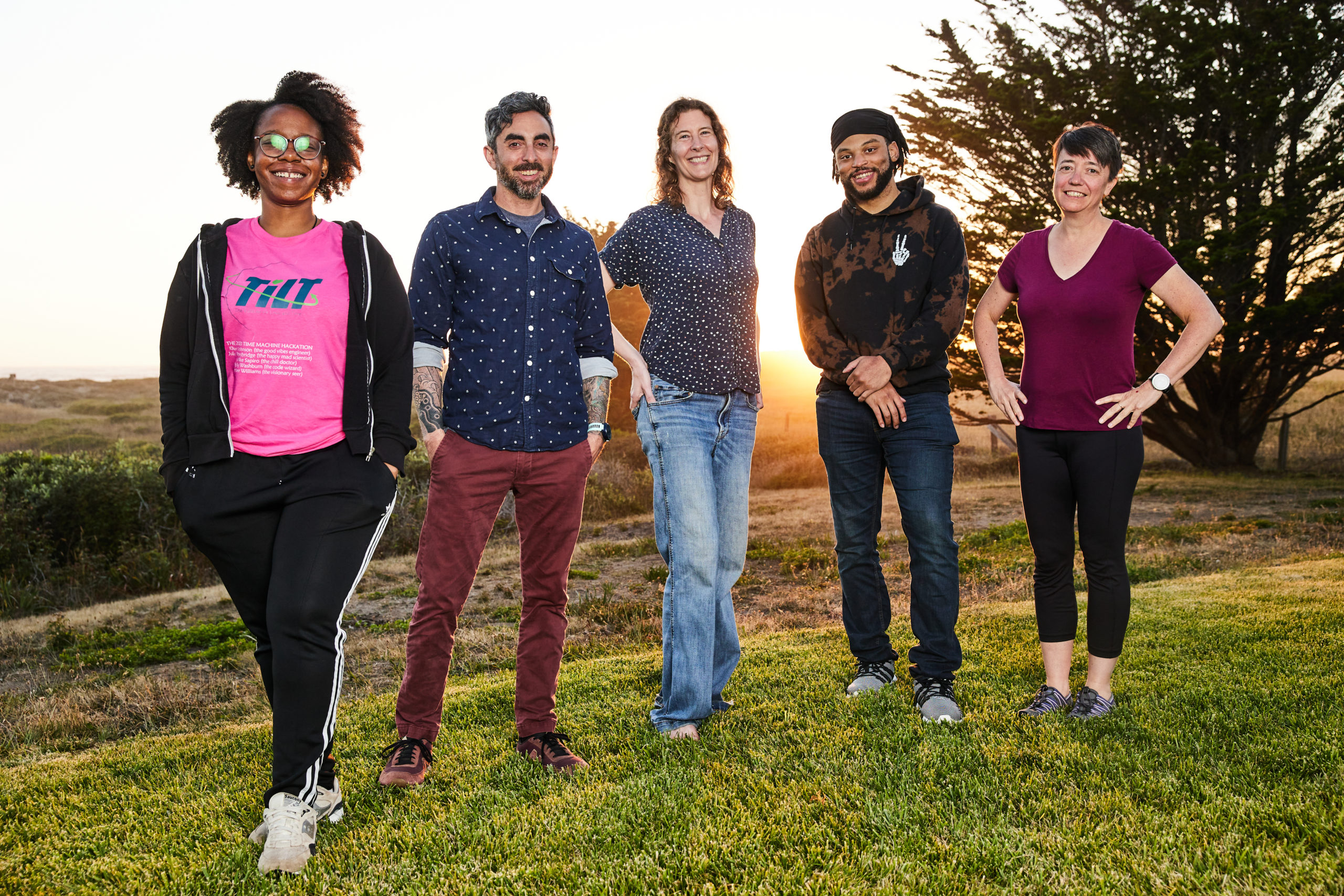Could your smartphone be a time machine? A new study reveals the positive impact of time-travel narratives on wellbeing app.
Practicing time-travel narratives – the art of lovingly connecting with internal representations of your past and future selves – could increase overall wellbeing, suggests a study published in Frontiers in Psychology.
People who have good thoughts about the past, are realistic about their circumstances, and plan for a positive future are more likely to feel good and be healthy. But for people with difficult childhoods, it’s hard to adopt time perspectives like these. A team of researchers collaborated with people who experienced traumatic childhoods to create a “time-travel narrative” technology with the goal of discovering whether it could help trauma survivors improve their relationships and feel better.
The team used a novel participant-focused design process, responding to feedback from 96 participants to improve the usefulness of the app. Design partners were pre-screened to include a larger-than-usual population of individuals who had experienced very difficult childhoods as wellbeing is often poor among this population. After a 4-week clinical trial assessing multiple measures of wellbeing over time, participants offered feedback on improvements they would like to see in the app.
Supported by the Robert Wood Johnson Foundation, a team of scientists and creators have been working since early 2020 on an app called Time Machine. An iterative and inclusive design process was used by the team to create a scalable time-travel narrative tool, allowing users to engage in “time travel therapy” by recording and listening to audio messages as if they were for or from their past and future selves.
On average, participants reported significant improvement on four measurements: the deviation from what is called a “balanced time perspective” (reduced by 5%), their physical symptoms of stress scores (reduced by an average of 10%), feelings of unconditional love (increased by an average of 5%), and overall wellbeing scores (increased by an average of 12%). Most strikingly, those with more childhood trauma began the study with lower wellbeing scores than those with less childhood trauma, but over the course of the 4-week study, their overall wellbeing scores increased by 16%, allowing them to catch up to those who reported less childhood trauma. In fact, they displayed twice the increase shown by design partners with lower ACES scores. Indicating that these effects are unlikely to be due to placebo, improvement in wellbeing was “dose-dependent” — it was correlated with the usage of the technology during an optional period.
Improvements in both time perspective and overall wellbeing scores were significantly correlated with increases in feelings of unconditional love.
Lead author of the study Dr. Julia Mossbridge commented, ‘Our goal was to build a progressive web app to scale “time travel narratives” — the habit of connecting with one’s own inner versions of past and futuer selves. The practice has already been shown to boost wellbeing in 1-on-1 therapy settings, but we wanted to scale the practice to reach people at the intersection of trauma, poverty, incarceration, abuse, and addiction.’
About the study’s lead
Dr. Julia Mossbridge is an Affiliate Professor in the Department of Physics and Biophysics at University of San Diego and is the founder and Executive Director of the Institute for Love and Time. Dr. Mossbridge and her colleagues have published two previous studies that are to our knowledge the only studies to use a clearly defined description of unconditional love to assess feelings of unconditional love over time — one of them (her work with Sophia the humanoid robot) was featured in the full-length documentary, The Portal.



